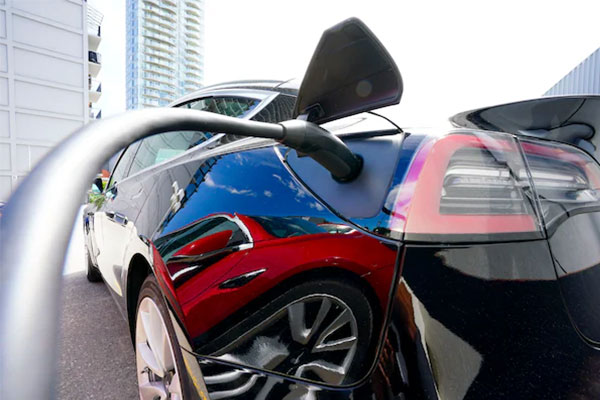The Canadian government is preparing to implement a major automotive industry policy that will greatly change the face of the Canadian auto market. According to local media reports, the new regulation, called the Electric Vehicle Availability Standard, requires that all new cars sold in Canada must be zero-emission by 2035. This regulation is one of the measures taken by the Canadian government to combat climate change and reduce greenhouse gas emissions.

According to senior government officials, the Canadian government will formally announce the rule in the coming days. The rule aims to gradually phase out new internal combustion engine vehicle sales and promote the increasing share of electric vehicles in the automotive market. Specifically, the new rules require zero-emission vehicles (including battery electric vehicles, hydrogen fuel vehicles and plug-in electric vehicles) to account for 20% of all new car sales by 2026, 60% by 2030, and 100% by 2035.
Considering that the new policy may cause automakers to sell new cars to other markets, resulting in insufficient supply of electric vehicles, trucks and SUVs in the Canadian market, the Canadian government also plans to introduce corresponding policies to ensure that local consumers can buy new cars. In addition, if automakers can bring more electric vehicles to the market before the target date and invest in electric vehicle charging infrastructure, they will be able to obtain credits, which is an incentive for manufacturers.
It is worth noting that Canada is not the only country to launch such an ambitious electric vehicle policy. In September this year, the United Kingdom has launched a similar electric vehicle sales order with a similar time frame target to Canada's new regulations, including achieving a 100% new car sales target by 2035. In addition, in the United States, more than a dozen states, including New York and California, have also introduced similar electric vehicle sales regulations.
In addition, in April this year, the Biden administration proposed new tailpipe emissions restrictions that will effectively ensure that two-thirds of the cars sold by automakers are electric vehicles by 2032. However, former US President Trump often used "promoting electric vehicles" as a focus of attacking Biden, arguing that these policies would mean higher costs for car buyers and could lead to job losses for American auto workers.
The decision by the Canadian government marks an important step forward for the country in sustainable transportation and environmental protection, which will not only have a significant impact on automakers and consumers, but will also have a profound impact on the development trend of the global automotive industry.


 Follow customer service WeChat
Follow customer service WeChat